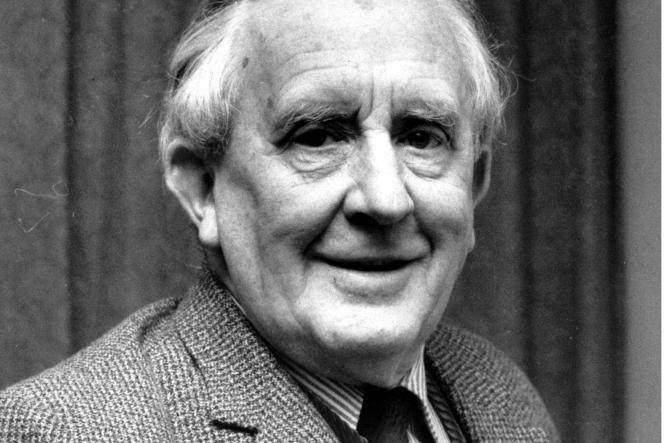John Ronald Reuel Tolkien, one of the most widely read authors in the world, died fifty years ago (on September 2, 1973 exactly), leaving behind two editorial triumphs: The Hobbit, which, upon its publication in 1937, enjoyed great success, and The Lord of the Rings, whose three volumes, published between 1954 and 1955, have enjoyed immense posterity. But if, at the end of the 1960s, his readers already numbered in the millions in Anglo-Saxon countries, in France, no one had heard of the austere philologist from the University of Oxford.
On May 10, 1969, when his name appeared for the first time in an article in World signed Carl Gustaf Bjurström, it is an intervention on… the contemporary Swedish novel. The translator looks at the work of Per Olov Enquist from whom he notes that here and there references to “science fiction legends invented by Professor Tolkien, whose works were very successful in Sweden”.
The writer, a British citizen born in South Africa, is cited again in The world on July 4, 1970 during an investigation into heroic fantasy. “Tolkien is only known in France through a children’s book, The Hobbit (1937), which constitutes in some way the first stone of the building: it is not enough to judge it”, underlines the everyday.
Seduced by magical languages
Three years later, Marie-Claude de Brunhoff was entrusted with the task of appreciating this work. The Lord of the Rings was in fact published by Christian Bourgois in 1972. On January 18, 1973, in a long article devoted to “Tolkien, Lord of Legends”, critics admit to being seduced by the precise descriptions, the magical languages for which the novelist created grammars, his fantastic creatures…
“Tolkien didn’t write a simple fairy tale, he invented a world! “, she enthuses. She notes that “this avant-garde ecologist loves trees, skies, rivers, light”. She has no doubt: “The French, these Cartesians, have often despised the stories of Dwarves, Elves or magical creatures. They will be surprised and won over by the abundance of Tolkienian myths. »
On September 4, 1973, The world informs its readers of the death of JRR Tolkien at the age of 81 and publishes two days later a tribute to “eccentric mandarin from Oxford” signed by literary critic George Steiner. The thinker provides a key to understanding this extraordinary spirit: “Celtic, Irish, Scottish, Saxon myths, the Arthurian cycle, assert their presence in a number of works which are among the most striking in contemporary poetry and prose”, writes Steiner.
You have 61.74% of this article left to read. The following is for subscribers only.
